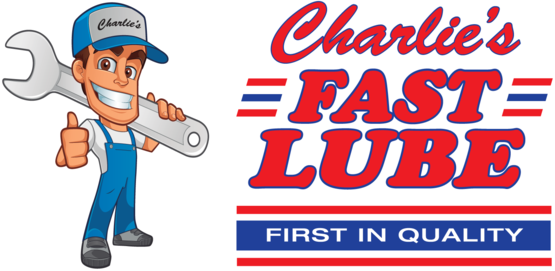Always on Guard (TMPS)
October 22, 2023
One of the most important things you can do to keep your vehicle running safely is to make sure your tires are properly inflated. If one or more is vastly over- or underinflated, that has the potential to cause major handling problems and may result in a dangerous accident.
All vehicles in recent years are equipped with Tire Pressure Monitoring Systems, or TPMS. One system uses small sensors in the tires that continually check the pressure in each tire. That sensor sends a signal to computers in your vehicle which turns on an instrument panel light warning of low pressure when at least one is very low. Or it may update a numeric reading on your instrument panel which gives you an approximation of how many PSI (pounds per square inch) of air is in each tire.
Another system works with your antilock brake system to measure the size of your vehicle’s tires. When one wheel is going faster than another, it will spin faster. A computer sees that and alerts you that tire’s diameter is smaller than the others and therefore must be underinflated.
No matter what system you have, it’s also helpful for you to know how much pressure each tire is supposed to be inflated to. You can find that on a label on the driver’s side door sill. In addition, the TPMS system should not be used as a substitute for checking your tires with a tire gauge since the TPMS accuracy usually isn’t quite as precise. Keep in mind that tire sensors can fail, so each system acts as a backup for the other.
Since many vehicles these days don’t have spare tires, it’s good to know that your TPMS can warn you if you have a leak in one of your tires. If you get a low-pressure warning, many systems will tell you which tire is low, so you can do your own visual check. Often you can see if you’ve picked up a nail or a screw if it’s sticking out of the tread or near the sidewall.
Being able to receive an early warning from your vehicle of abnormal tire pressure may give you a chance to safely drive to a service center before your tire slowly goes completely flat (which can ruin the tire and badly damage the rim). It also may ultimately prevent you from being stranded somewhere with a flat tire or, most importantly, having a sudden blowout on the road.
Charlie's Fast Lube Perryville
701 S. Perryville Ave
Perryville, Missouri 63775
575-517-0022
http://www.charliesfastlubeperryville.com
Need Service?
More articles from Charlie's Fast Lube Perryville

Don't Miss a Beat (Importance of Regular Maintenance)
March 1, 2026
In many places, license plates have to be renewed every year or else you can't drive your vehicle legally. Usually, you'll get a reminder from the agency that issues the plates. That kind of regular attention needs to be paid to your vehicle as well. Its manufacturer has determined a schedule o... More

No Fuel-ing! (Fuel Filter Replacement)
February 22, 2026
Your vehicle has a few filters you might be somewhat familiar with. Theres the oil filter that removes impurities from your engines oil, and a couple of different kinds of air filters that prevent contaminants from getting into the engine and the cabin. But you may not know that your vehicle als... More

Battery Replacement for Your vehicle
February 15, 2026
Modern vehicles in and around Perryville run on 12 volt electrical systems. 12 volts is enough to get the job done for Perryville drivers without having so much power that there is danger of electrocution. But today's vehicles have more electrical components and do-dads than ever before. This re... More









